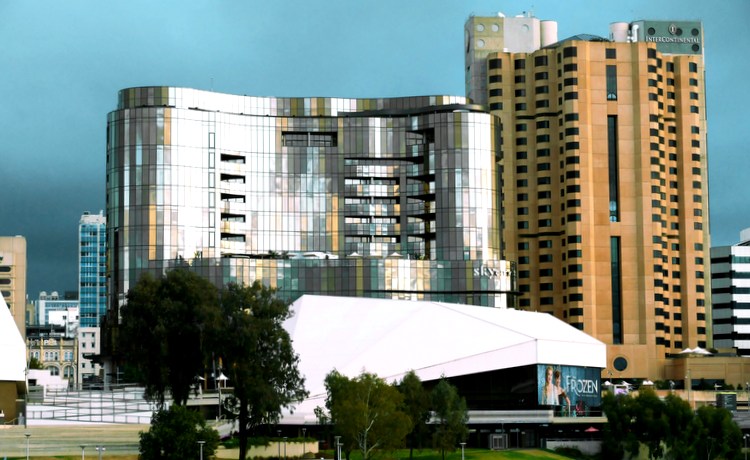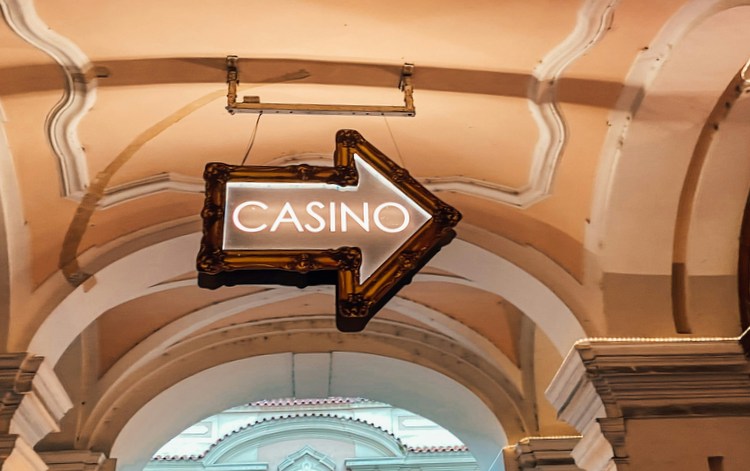Review Says SkyCity Can Keep Adelaide Casino Licence but Scrutiny Continues
SkyCity Entertainment, the New Zealand gambling company that runs Adelaide’s only casino, has been told it can keep its licence after a two‑year investigation. A report by retired Supreme Court judge Brian Martin concludes the company is “suitable” because it has overhauled management and compliance systems. He notes that if he had been asked in 2021, the answer would have been no and serious shortcomings still exist.
The inquiry, launched in 2022 after allegations of lax oversight and a civil case by the federal watchdog AUSTRAC that cost the operator A$67 million, has already forced SkyCity to spend millions on new systems and promise tens of millions more. State authorities are still weighing whether to impose further sanctions or strict licence conditions, so the ruling feels like a reprieve rather than a victory.
Changing Gambling Landscape
The Adelaide casino has already cost SkyCity hundreds of millions of dollars in taxes, fines and upgrades. It’s a reminder that the gambling industry is evolving quickly; about 11% of Australians say they gamble online now, up from 8% in 2020, and those interested can read more on Esports Insider Australia to follow the broader trend toward mobile betting.
It has become a popular pastime thanks to its ease of convenience and accessibility, with many users preferring the ability to place bets quickly without visiting physical venues. That growing popularity has also drawn more attention from regulators, who are now looking more closely at how operators are running things.
Regulatory Findings and Wider Crackdown
In his 180‑page report, Martin stresses that the improvements only came after repeated warnings, and South Australia’s gambling commissioner Brett Humphrey says the deficiencies uncovered remain deeply troubling.
SkyCity’s chief executive Jason Walbridge has apologised for the past failings and says the company is working with authorities to lift standards. Some analysts even expect another penalty in a year or two.
The South Australian inquiry is part of a much wider crackdown on casino misconduct. Across the country, regulators have uncovered serious compliance failures at major operators. In New South Wales, an inquiry found that The Star Entertainment Group facilitated more than AU$900 million in money from junket operators.
A Victorian investigation concluded Crown Resorts processed roughly AU$164 million in UnionPay card transactions in breach of anti-money laundering rules.
Those scandals led to suspended licences, leadership resignations and a push to toughen state gambling laws. The message from regulators is that compliance can no longer be a box‑ticking exercise, and casino boards that ignore these risks face bans or heavy fines.
Gambling Losses and Reform Push
The political appetite for reform is being driven by the sheer scale of gambling in Australia. New figures released by the Queensland Government Statistician’s Office show Australians lost about $32 billion on gambling in 2022‑23. Most of that, roughly $23 billion, came from gaming machines and casino games, while another $9 billion was wagered on sports and racing.
On a per‑person basis, the Australian Capital Territory recorded the biggest losses at $2,763 a year, while South Australia sat at around $1,227. Those numbers have prompted a parliamentary inquiry to recommend a complete ban on gambling advertising, though the federal government is leaning towards a partial ban that would bar ads around children’s programming and live sport.
What Lies Ahead for SkyCity
For SkyCity, the next few months will determine whether its apology and spending commitments convince South Australian authorities that it has turned the page. The company says it is retraining staff and embedding host responsibility into everyday operations, and it has pledged to support harm‑reduction programmes. Critics note that similar promises were made by Crown and Star before their own scandals erupted.
With billions being wagered each year and public frustration running high, political leaders are under pressure to show they can rein in an industry that has long operated with lax oversight. The roulette wheels in Adelaide will keep spinning for now, but the mood has changed; regulators, punters, and investors alike are watching to see if one of Australia’s biggest gambling brands can live up to its second chance.
That potential second chance rests on a lot of promises. SkyCity says it has restructured management, embedded host responsibility into its culture and now holds senior executives accountable for anti‑money‑laundering compliance. It is also funding community programmes aimed at reducing gambling harm and has invested in technology to monitor transactions in real time.
Supporters argue that giving the operator time to prove itself preserves jobs and tax revenue in Adelaide, while critics worry that the culture of complacency runs deep. With lawmakers floating levies on gambling companies and national regulators calling for a dedicated anti‑money‑laundering commissioner, the casino industry is poised for more upheaval.
That means both SkyCity and its rivals will have to keep proving they can meet higher standards, or risk losing their licences for good.
























